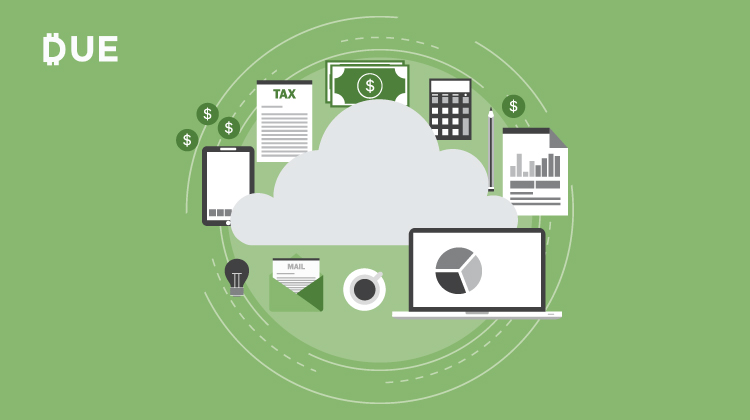Bookkeeping is one of those things that businesses just have to deal with. Love it or hate it, keeping accounting books updated is helpful year-round. Updated books help you with taxes and basic reports that give you insights into the health of your company. If you want to save time with bookkeeping, all you have to do is setup these common automations. You might find yourself saving hours every month!
Table of Contents
ToggleSimplify your reporting
There’s a rule in life called the KISS rule that applies to your business as well: Keep It Simple Stupid! Don’t worry about making your books incredibly detailed and granular if your business does not require it.
For example, many businesses accept payments using a 3rd party service. I used to split out the fees and income from these payments in my books, but an accountant, Eric Nissal from Account Lancer, suggested that I just report the revenue net of fees. Now, instead of two lines for each sale I just have one.
For example, I recently received a PayPal payment for $750 from a writing client (even though Due invoicing is much easier). PayPal charged $22.05 in fees for this payment. Some bookkeepers would enter a $750 revenue and a separate $22.05 expense, but you could just enter $727.95 in revenue to keep it simple. Taxes are not impacted by this, and as a small business you don’t have to worry as much about GAAP and public reporting. Entering the transaction in net is just fine.
Connect your books to the bank
Most major accounting software packages these days offers the ability to connect to your bank account and automatically download transactions. This works similar to a site like Mint.com or Personal Capital for personal accounts.
I have two business bank accounts and a business credit card a Chase and another business credit card at American Express. I linked my accounting books to both of those banks, and my transactions download daily. If I ever log in and they are not up to date, I can click one button and everything is there.
No more typing in transactions, they all show up for me! I just have to reconcile to my bank account once per month to ensure everything in my books matches what happened at the bank.
Create automation rules
Every month, I pay podcast hosting company Blubrry $12 to host my podcast. The charge hits my credit card automatically, which is then automatically downloaded to my books with the process explained above. But then I have to go through and categorize and approve each transaction… or do I?
I setup a rule that any time a transaction comes in for exactly $12 from Blubrry, my bookkeeping software recognizes that it is for podcast hosting, assigns the “Web Software and Utilities” expense account, and is added to my general ledger. Any transaction that doesn’t match a rule must still be reviewed manually be me.
If my rate goes up and I didn’t notice, for example, the transaction wouldn’t match the rule and I would see the charge. But for the $12 per month that I plan to pay every month, I now don’t have to worry or waste time reviewing or categorizing. Every second counts!
Schedule memorized and recurring transactions
Recurring transactions that hit your credit card or bank account directly can be automated with the process above, but sometimes you have a recurring expense, payment, or revenue source that doesn’t go right to the bank. Have no fear, recurring transactions are here!
Using a feature called “memorized transactions” in Quickbooks or “repeating / recurring transactions” in Xero, you can setup a charge to show up in the books on a repeating basis. Whether you have a weekly, monthly, quarterly, or other schedule, you can set everything up to just show up. No need to memorize it yourself or write it on the calendar.
Better bookkeeping helps your business thrive
When your books are always updated, you have the best, freshest information to make the best business decisions. If you can save time and money through automation along the way, even better!
While I get occasional frustrations from the software, overall I love the intricacies and clean details of accounting. But even a math and money nerd like me loves to save time. With automated bookkeeping, I get the best of both, and so can you.













